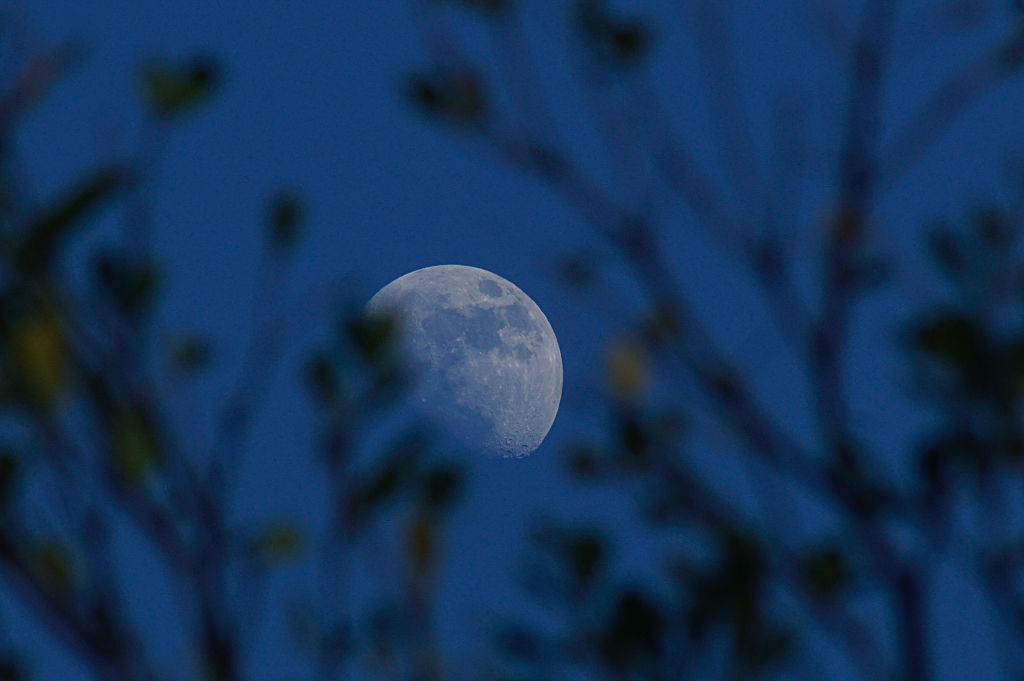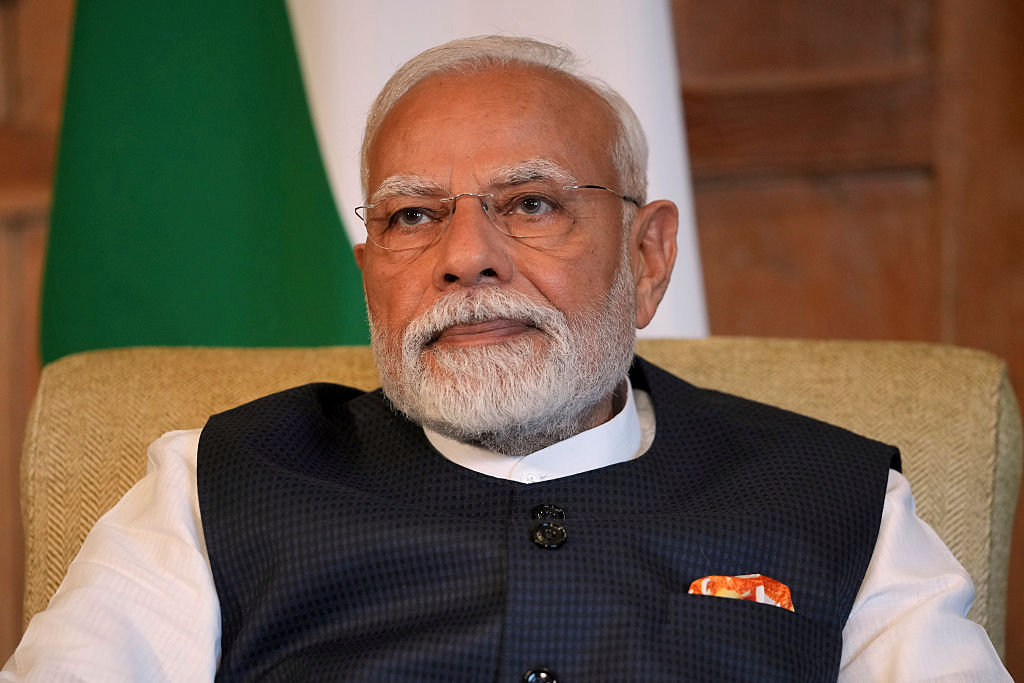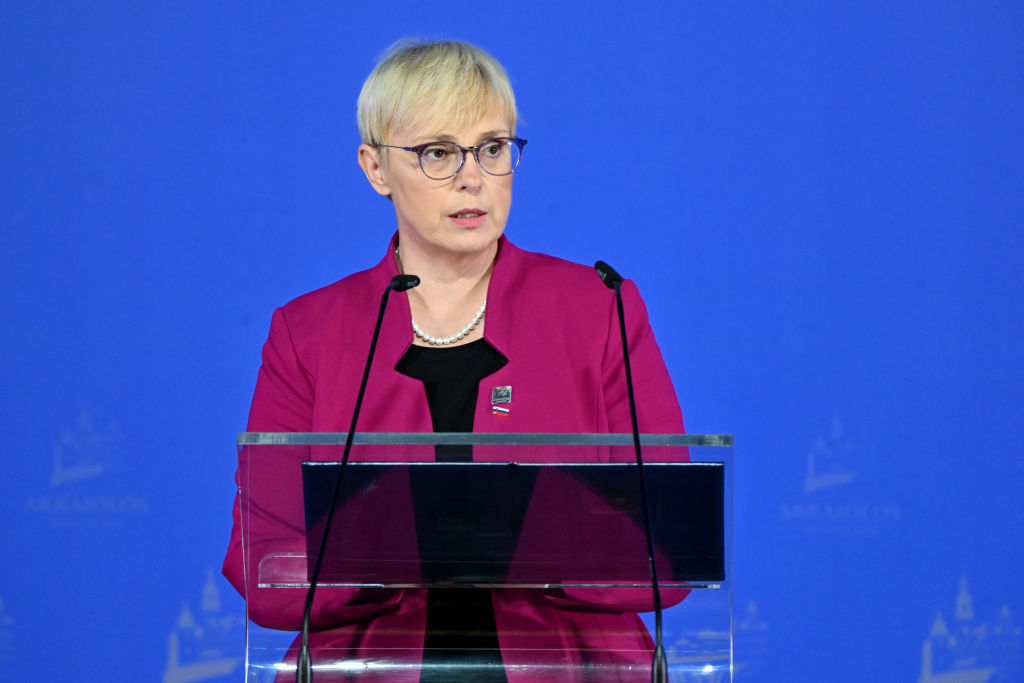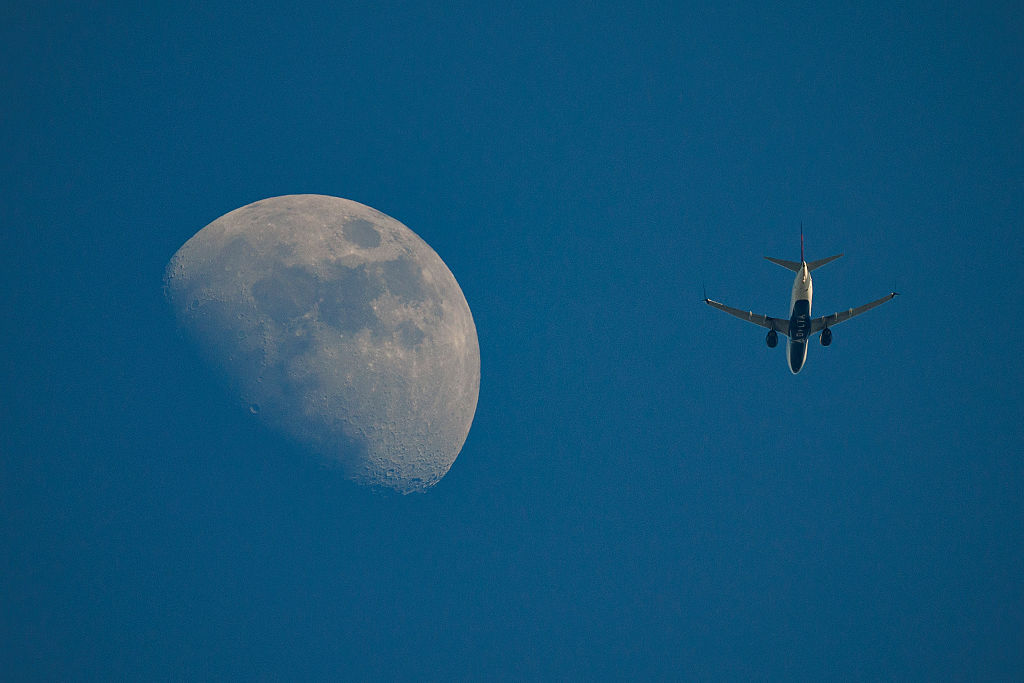European Commission President Ursula von der Leyen hailed a “very good call” with US President Donald Trump and leaders of Ukraine and European countries, two days before the US President’s meeting with Russia’s President Vladimir Putin.
“Today Europe, the US and NATO have strengthened the common ground for Ukraine. We will remain in close co-ordination. Nobody wants peace more than us, a just and lasting peace,” von der Leyen said on X on the evening of August 13, according to AFP.
Trump appeared to say that he would push for an unconditional ceasefire in Ukraine when he meets Putin on August 15, according to two European diplomat sources familiar with the call Trump had with European leaders, CNN reported the same day.
While Trump did not use the term “unconditional”, he said he believed a ceasefire would be a show of goodwill from Russia and he also said the Ukrainian territory was not for him to negotiate.
That left the impression to observers he would not entertain any Russian proposal that they would get control of Ukrainian territory in exchange for a ceasefire, the sources said.
This came as the main message from the Europeans was that Ukraine must be included in negotiations about its territory, one of them said.
Expectations for that meeting, though, were not high, the official said.
Still, European leaders appeared cautiously optimistic after holding the virtual meeting with Trump, the BBC reported.
Trump reportedly told the Europeans that his goal for the summit was to obtain a ceasefire between Moscow and Kyiv.
He also agreed that any territorial issues had to be decided with Ukraine President Volodymyr Zelensky’s involvement and that security guarantees had to be part of the deal, according to France’s Emmanuel Macron.
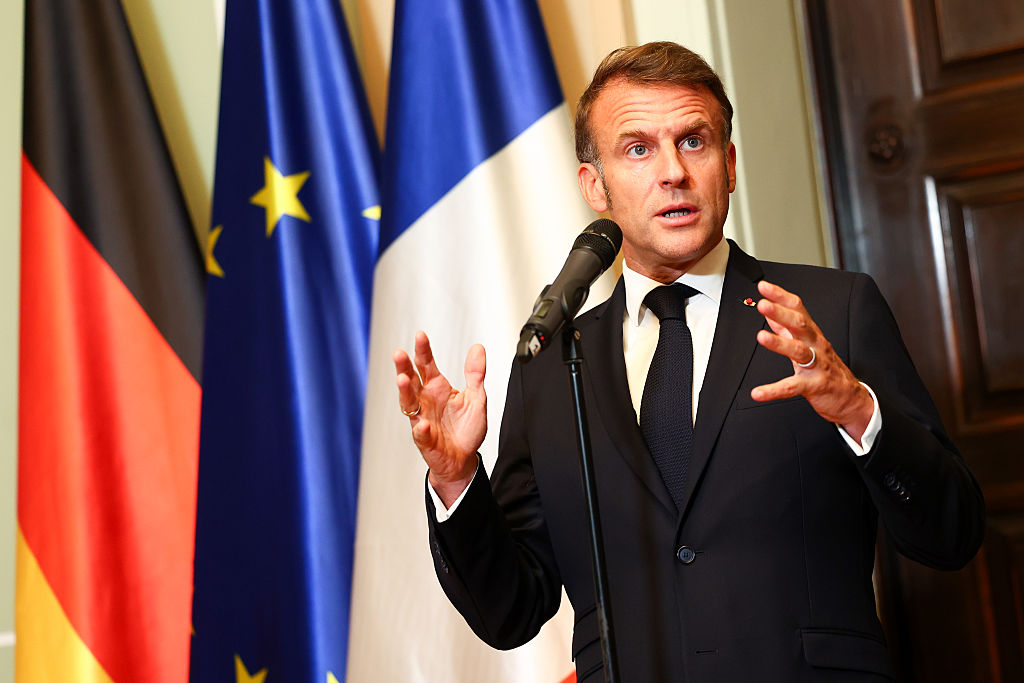
Speaking to Trump had allowed him to “clarify his intentions” and gave the Europeans a chance to “express our expectations”, Macron said.
Trump and his Vice President JD Vance spoke to the leaders of the UK, France, Germany, Italy, Finland and Poland as well as von der Leyen and NATO Secretary General Mark Rutte.
The Europeans have been side-lined from the hastily organised summit in Alaska and their phone call on August 13 seemed a last-ditch attempt to keep Ukraine’s interests and the continent’s security at the forefront of Trump’s mind.
To an extent, it appeared to work. On the evening of August 13, Trump rated the meeting “a 10” and said Russia would face “very severe” consequences unless it halted its war in Ukraine.
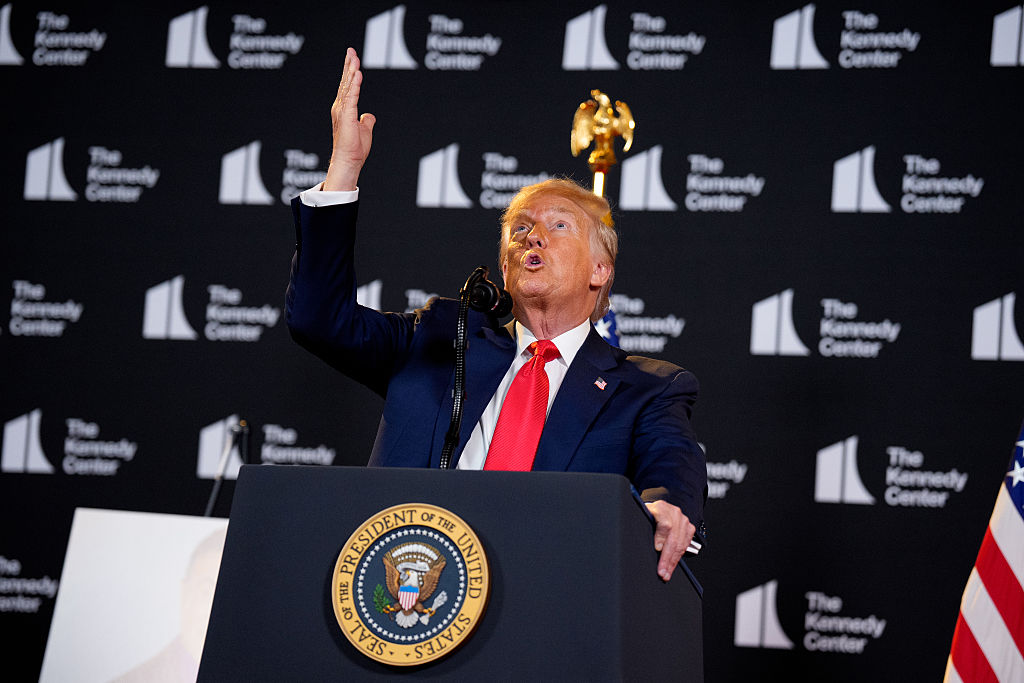
He also said that if the upcoming meeting with Putin went well he would try to organise a “quick second one” involving both the Russian President and Zelensky.
Yet, in their statements, European leaders restated the need for Kyiv to be involved in any final decision – likely betraying an underlying nervousness that Putin could ultimately persuade Trump to concede Ukrainian land in exchange for a ceasefire.
“It’s most important thing that Europe convinces Donald Trump that one can’t trust Russia,” said Poland’s Prime Minister Donald Tusk, while German Chancellor Friedrich Merz stressed the leaders had “made it clear that Ukraine must be at the table as soon as follow-up meetings take place”.

